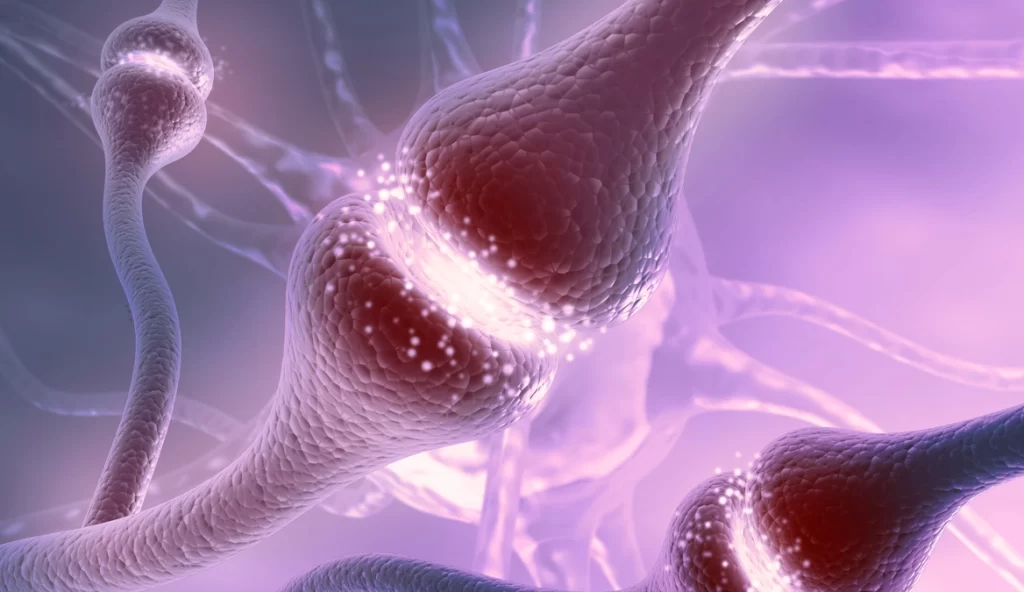In the context of comprehensive fitness, where each domain of our lives interconnects to shape who we are, understanding groups, roles, and status becomes crucial. These concepts are not just about social interactions; they are integral to our sense of identity. By recognizing how these elements influence our self-perception and behaviors, we can more effectively align our actions with the goal of achieving a balanced and fulfilling life across all dimensions of fitness.
Groups: Building Connections Across Domains
Groups are the foundational structures within which we connect with others who share common interests or goals. In the context of comprehensive fitness, groups can be as varied as a family unit, a fitness community, or a professional association. For example, within the Social Fitness domain, joining a wellness group or a recreational sports team can provide a sense of belonging and accountability, enhancing overall well-being.
A reference group is a specific type of group that we look to for standards in forming our attitudes and behaviors. This can be seen in the Occupational Fitness domain, where a professional group, such as fellow trainers or wellness coaches, influences our values and practices. Understanding our groups and their impact on us is crucial for maintaining balance across all domains of comprehensive fitness.
Status: Recognizing Our Position Within Groups
Status refers to the position we hold within any given group. Some statuses are ascribed, such as those based on characteristics we are born with, while others are achieved through our efforts and accomplishments. In the Physical Fitness domain, for example, one’s status might evolve from being a novice runner to completing a marathon, symbolizing growth and dedication.
Every status we hold contributes to a broader “status set,” encompassing our various roles across different domains. Whether it’s being a leader in the workplace or a mentor in a fitness group, our status can influence how we perceive ourselves and how others perceive us. Recognizing and embracing our statuses within the comprehensive fitness journey allows us to celebrate our achievements and identify areas for growth.
Roles: The Behaviors That Define Us
Roles are the behaviors, obligations, and privileges associated with our statuses. They are integral to our identity and are deeply intertwined with our self-esteem and overall well-being. In comprehensive fitness, roles can range from being a supportive family member in the Family Fitness domain to taking on the responsibility of a wellness leader in the Spiritual Fitness domain.
Erving Goffman’s concept of dramaturgy reminds us that life is like a stage where we play various roles depending on the context. For instance, in a group fitness class (a “front stage”), we may take on the role of an enthusiastic participant, motivating others and ourselves. In contrast, during a private workout (a “back stage”), we might focus on personal growth and reflection. Understanding these roles helps us navigate the demands of each domain, ensuring that we remain “fit for function, ready for life.”
Master Status: The Dominant Identity
When we consider our status set as a whole, one status often stands out as our master status—the identity that dominates our life and shapes our actions across all domains. In the comprehensive fitness journey, this master status might be related to a key area of focus, such as Occupational Fitness for a career-driven individual or Physical Fitness for an athlete. Recognizing our master status can help us align our actions with our core values and maintain balance across all domains.
The Interplay of Groups, Roles, and Status in Comprehensive Fitness
As we navigate our comprehensive fitness journey, understanding the interplay between groups, roles, and status is vital. These elements influence how we connect with others, perceive ourselves, and perform in various aspects of our lives. By being mindful of our roles and statuses within different groups, we can ensure that we are not only meeting our personal and professional goals but also contributing positively to the well-being of those around us.
For a deeper exploration of these concepts, you can refer to the original article on Venn Leader here. Understanding these fundamental social structures will enhance your ability to lead a balanced and fulfilling life across all domains of fitness.


